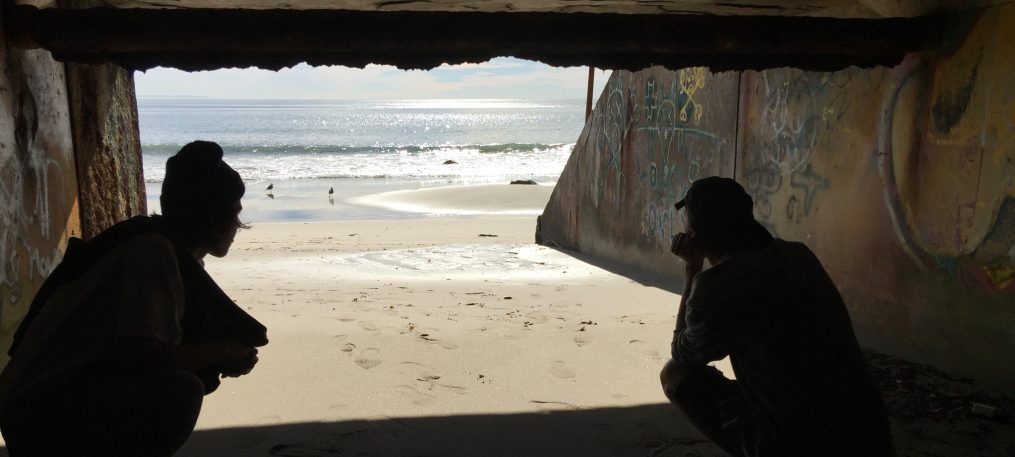Parents seem to be very aware of teaching their children about avoiding strangers, those bad people who prey on the innocent. But who’s to say which strangers need to be avoided, and which are simply people we don’t know. I’ve raised my kids with my
Don’t Talk To Strangers
voice-of-wisdom. I said things like
“Don’t accept gifts, food, or candy from a stranger, don’t walk off with someone you don’t know, NEVER get into someone’s car,” etc.
I watched them internalize what I was saying, a bit of fear on their faces as they absorbed the fact that our world is not always wonderful. I watched as my precious words floated into their ear canals, into their memory banks, to remind them to think wisely, to stay out of harm’s way. To stay away from strangers.
Four years ago, as I was driving homeward, after picking up Brad at a friend’s house, he hesitantly began giving me the details of his evening’s unexpected, and worrisome events.
“You’re going to be mad,” he started. “Something happened that shouldn’t have.”
He went on to tell me how he and some friends had decided to play a childhood prank, Ding-Dong-Ditch, within the confines of another friend’s gated community. And how one friend kept pressing a doorbell, over and over, causing the homeowner to rush out, bringing his wrath with him. Maybe kids had been pranking the guy continuously or maybe he was in a bad mood or maybe he was just a mean, mean man. Whatever the reason, he used it to his advantage to control the situation. The boys, all aged thirteen at the time, were scared, and felt threatened and powerless when the man approached them, teeth baring. As Brad told it, the guy grabbed two of the boys within his reach, while yelling to Brad and another friend to
“Get over here!”
as they tried to slip away.
In the end, all four boys felt they should listen to the man considering he was the adult in the situation. So, when the mister asked each of them their names and took pictures of their faces, they obliged. Brad told me he believed they deserved the man’s anger, even when the guy head-locked one of the boys, dragging the kid around the cul-de-sac, chanting
“Now we’re friends, aren’t we?”
When the guy told the boys to get into his car, that he was going to take them to the security guard at the front gate, each hesitated, but then did what they were told. Brad told his friend
“My mom told me never to get into a stranger’s car,”
and his friend said,
“My mom told me the same thing.”
The boys were afraid because they have been taught to listen to adults. Therefore, in their young minds, the man was in charge. They were just kids who should have been behaving respectfully.
As I listened, I realized I never taught my kids what to do, if for some unforeseen reason, they found themselves in a powerless situation with someone. As much as I told them not to talk to strangers, I neglected to discuss what to do if they were, in actuality, confronted with someone unknown, including someone so angry that they used their adult authority to put fear into children’s impressionable minds.
So,
when Brad was in the midst of the childhood prank gone bad, he didn’t think he had the right to simply dial 911 on the cell phone he was holding in his hand. He thought the police would be mad at the boys for playing the prank and say they deserved the angry man’s treatment.
I told him he and his friends were lucky, that it could have been worse.
The guy could have been a psycho.
He could have beaten them up.
I went on to tell him that this should be a hard lesson learned, one that should never have happened. But, because it did, he needed to understand he has rights, and just because someone is an adult does not give them the right to punish kids in the manner that that guy did with the boys.
And just as important,
I told Brad that if ever he finds himself in any kind of non-deserving, uncomfortable situation, run away and call the police.
Oh boy. Thank goodness I have developed a you can tell me anything relationship with my kids. Otherwise, I may never have known what had happened, and I would never have known how important it is to not only teach kids about stranger danger, but also alert them to what they should do if they ever find themselves in a dire situation.

